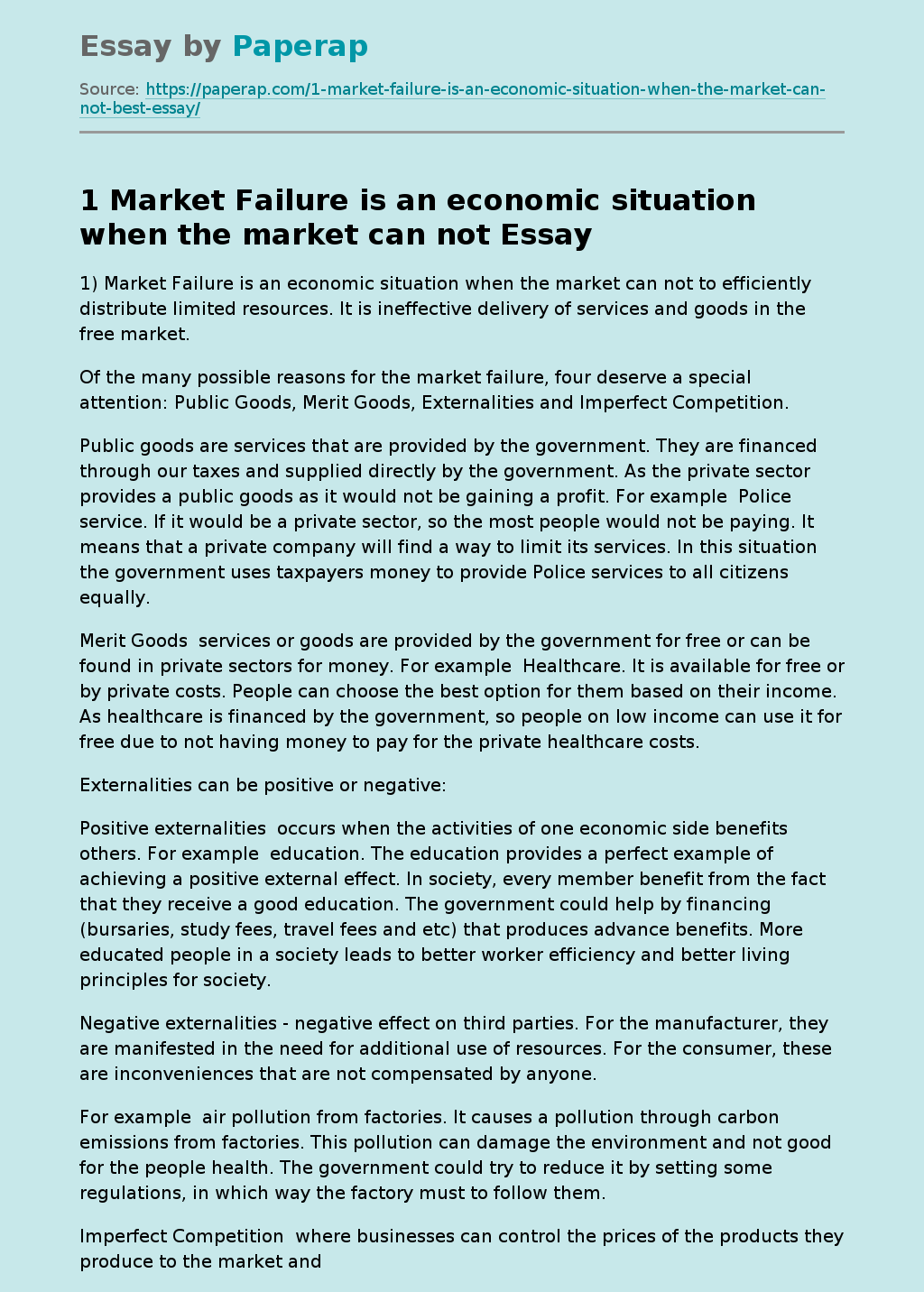UK Government Policy on the Environment (Negative Externalities)
The UK Landfill tax was introduced in 1996. The target was to lower the amount of waste produced and to give less waste to landfill. When the tax was first announced, it received a huge support from industries and local authorities.
Landfill Tax applies to all waste and must be payable by companies, local authorities or organisations that wants to dispose of waste in landfill. There are some exemptions from Landfill Tax, for example: disposals from mines and quarries. Landfill Tax has two rates; standard and lower rate.
To get a lower rate: companies must have an evidence that the waste is non-hazardous, not harm to the landfill etc. Rates are updated each year from the 1st of April by the Government. Landfill sites must be licensed by the Government.
It is illegal dumping a waste at nonspecial places, the company could get a penalty and to pay a landfill tax. The penalty would be a charge an additional landfill tax of 100% of the landfill tax due.
If it was clarified as a criminal offence, then the penalties could be unlimited fine and/or up to 7 years in prison are possible. All information about rates and qualifying materials can be found on the HMRC site.
The pollution is a worldwide problem. The aim of Landfill Tax is to minimise the amount of non-recyclable waste and store it with minimum risk to the public. The Government introduced pay rates and penalties to achieve their policy. The payments received for the Landfill Taxes are good for the government economy.
It is very complicated to say if the Landfill Tax policy was successful or not. Anyway, the waste must be put somewhere, so from economic side it was good idea to set charges for the waste and penalties for the illegal waste dumping. As the Government benefits from the taxes and penalties.
The most percentage of the waste is households and therefore only manufacturing. For example, if the person wants to get rid of large items or building waste from a house/flat, so he/she needs to pay a company to pick up it or rent a special skip. In this way you never know if the company will legally dispose it or pays landfill taxes. Due of this people could illegally dump the waste anywhere and it could lead to more pollution problems.
I think the Government needs to think about how to reuse the waste, so do not leave a huge amount of waste to the landfill. As we know some products are biodegradable, but it is also needing a time to dissolve. As well the Government needs to find a place to set up the licensed landfill sites and it is costly.
To be the policy very successful, people could to change their behaviour to the environment. For example, properly sorting the waste and do not dumping unlawfully. The Government and society would work together for the future clean environment.
UK Government Policy on the Environment (Negative Externalities). (2019, Nov 28). Retrieved from https://paperap.com/1-market-failure-is-an-economic-situation-when-the-market-can-not-best-essay/

